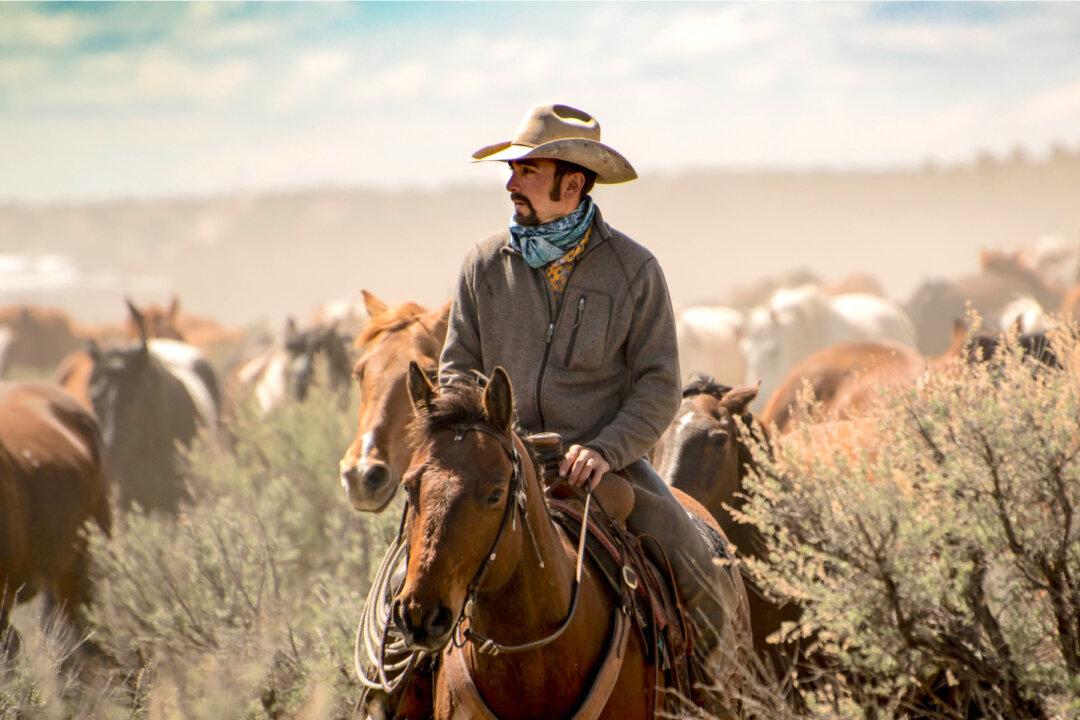He fought the government, his neighbors, everybody. The “he” in question was Dayton O. Hyde, a true American cowboy with a passion to help horses in an inhumane situation. Also an author and nature conservationist, Hyde founded Black Hills Wild Horse Sanctuary in South Dakota, and the 500 wild horse residents it boasts today owe their existence to him.
Black Hills is the land that time forgot. Bordered by the Cheyenne River and still one of the most wild, untouched plains in the United States, Black Hills is home to 11,000 acres of land and 500 freely roaming wild mustangs. But Hyde had to fight for it, and he fought hard.




